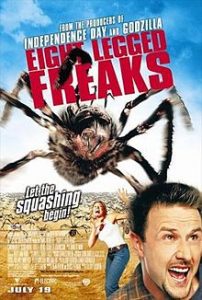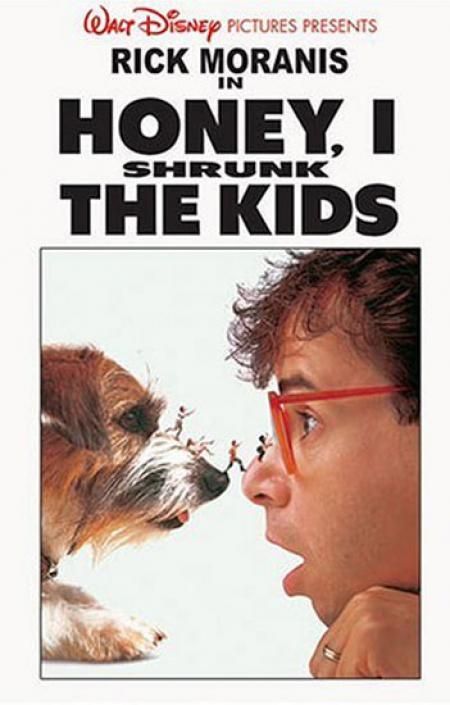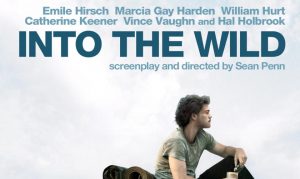- 4-minute read
- 4th May 2019
Star Wars Day! 4 Great Grammatical Mistakes from Hollywood
To celebrate Star Wars Day – slogan, “May the 4th Be With You” – we’re delving into the murky world of Hollywood movies. And while Tinsel Town might be a “Dream Factory” where fantasies are brought to life, it hasn’t always been a good grammatical role model. For example…
1. Eight Legged Freaks
Punctuation is often the first thing to go in a movie poster. Examples include the comma-less Burn Hollywood Burn and the missing question mark at the end of Who Framed Roger Rabbit. However, more worrying is the hyphen absent from Eight Legged Freaks.

If this was a movie about giant spiders, as the poster suggests, the title should be “Eight-Legged Freaks.” But it isn’t, so we can only assume it’s about eight freaky people instead. The Pogues, maybe.
2. Honey, I Shrunk the Kids

We’ll give Honey, I Shrunk the Kids credit for knowing how a comma works. But this title still falls short.
This is because “shrunk” is the past participle of “shrink,” while the simple past tense is “shrank.”
As such, it should be called either Honey, I Shrank the Kids or Honey, I’ve Shrunk the Kids.
In protest, we refuse to acknowledge Rick Moranis in any other role until this has been fixed.
3. Into the Wild
While there’s nothing ungrammatical about the title of Into the Wild, the poster does feature the cryptic statement “Screenplay and Directed by Sean Penn.” What could this mean?

“Screenplay” is a noun, so “Screenplay by Sean Penn” would simply mean Sean Penn wrote the screenplay. And “directed” is a verb, so “Directed by Sean Penn” would be easy enough to understand. But put these together and we’re left with two unfortunate possibilities:
Find this useful?
Subscribe to our newsletter and get writing tips from our editors straight to your inbox.
- Sean Penn thinks “screenplay” is a past tense verb.
- The poster designer didn’t care about grammatical parallelism.
Neither option give us a lot of confidence in Hollywood’s proofreading.
4. Star Wars: The Force Awakens
It’s Star Wars Day, so this list wouldn’t be complete without an appearance from the famous sci-fi franchise. And we’re going to pick on Star Wars: The Force Awakens. This movie is interesting for the lack of commas around “Luke” when they identify Leia’s brother in the opening text crawl.

As this article points out, we use parenthetical commas to add non-essential details, such as a name when we already know who a sentence is about. So, if Leia only had one brother, the opening crawl should say:
She is desperate to find her brother, Luke, and gain his help…
The commas here show us that the name is an extra detail: we know who “her brother” is without saying “Luke” because Leia only has one brother. But the crawl in The Force Awakens says:
She is desperate to find her brother Luke and gain his help…
And this opened up the possibility that Leia had additional male siblings somewhere! Was J. J. Abrams hinting at something in the future of the Star Wars series? Unfortunately, the answer is “no.”
Despite some excitement on the internet, it was just a punctuation error. But that’s still a more satisfying twist than the ending of Lost, so maybe we can give J. J. a pass on this one.




